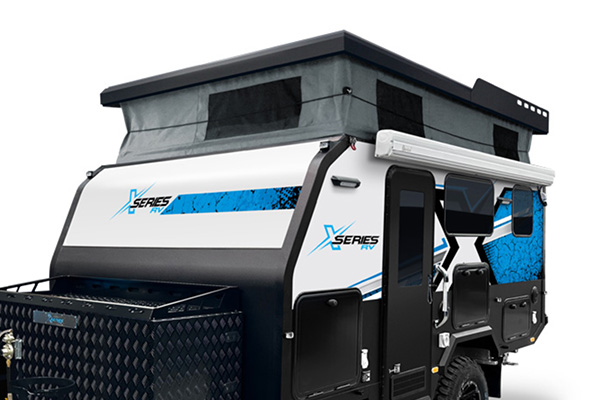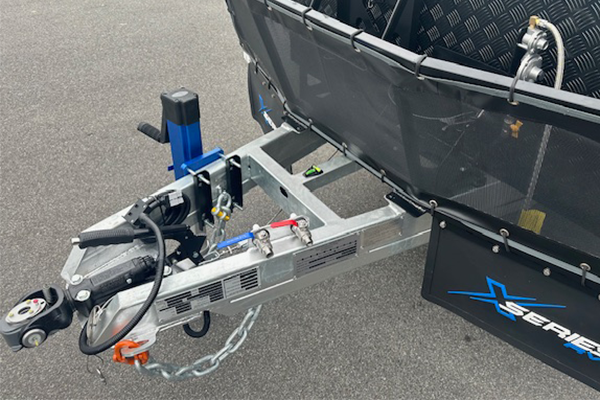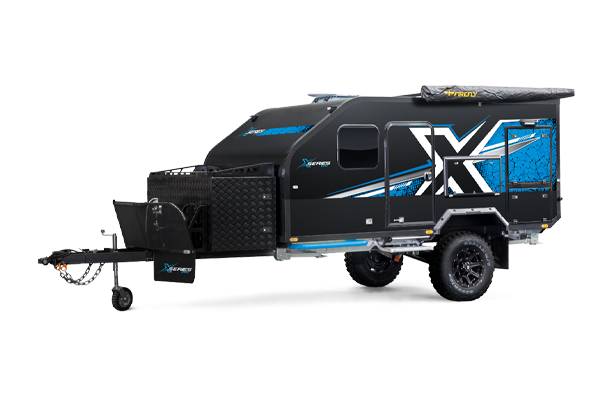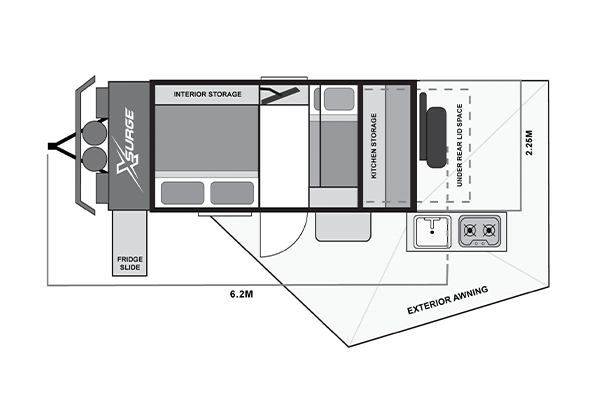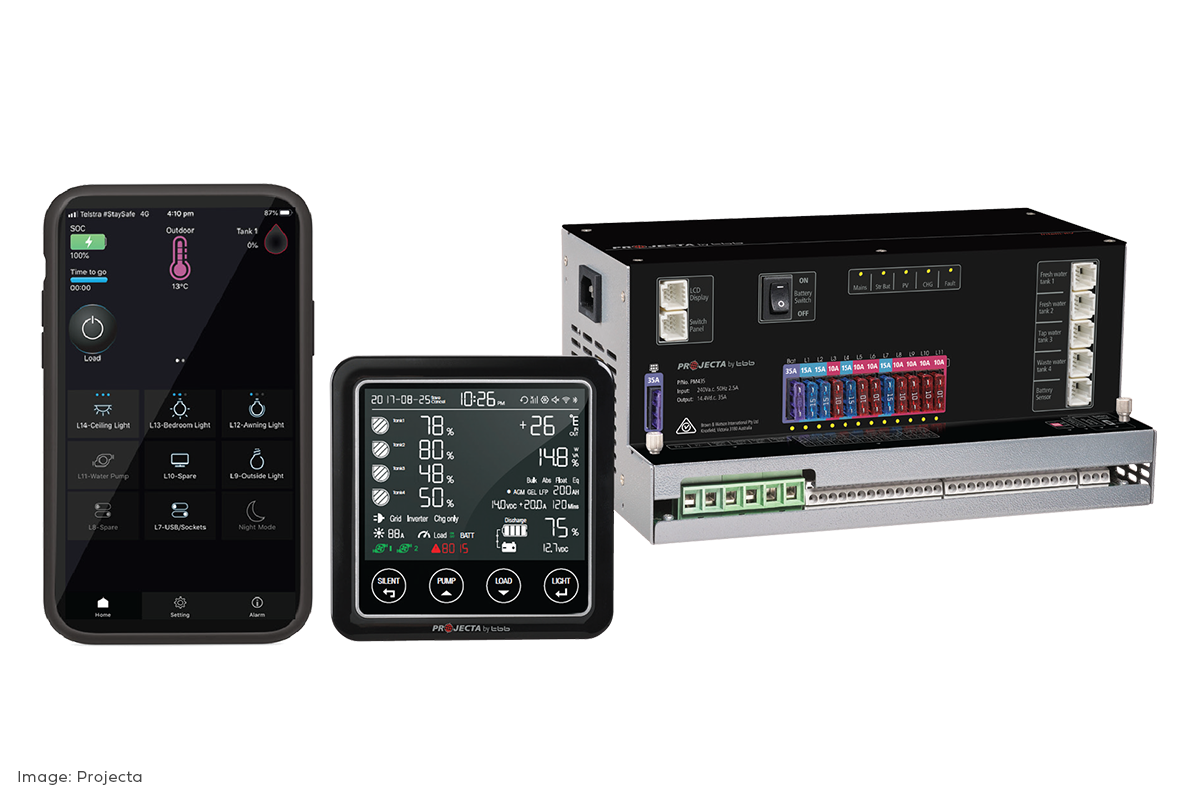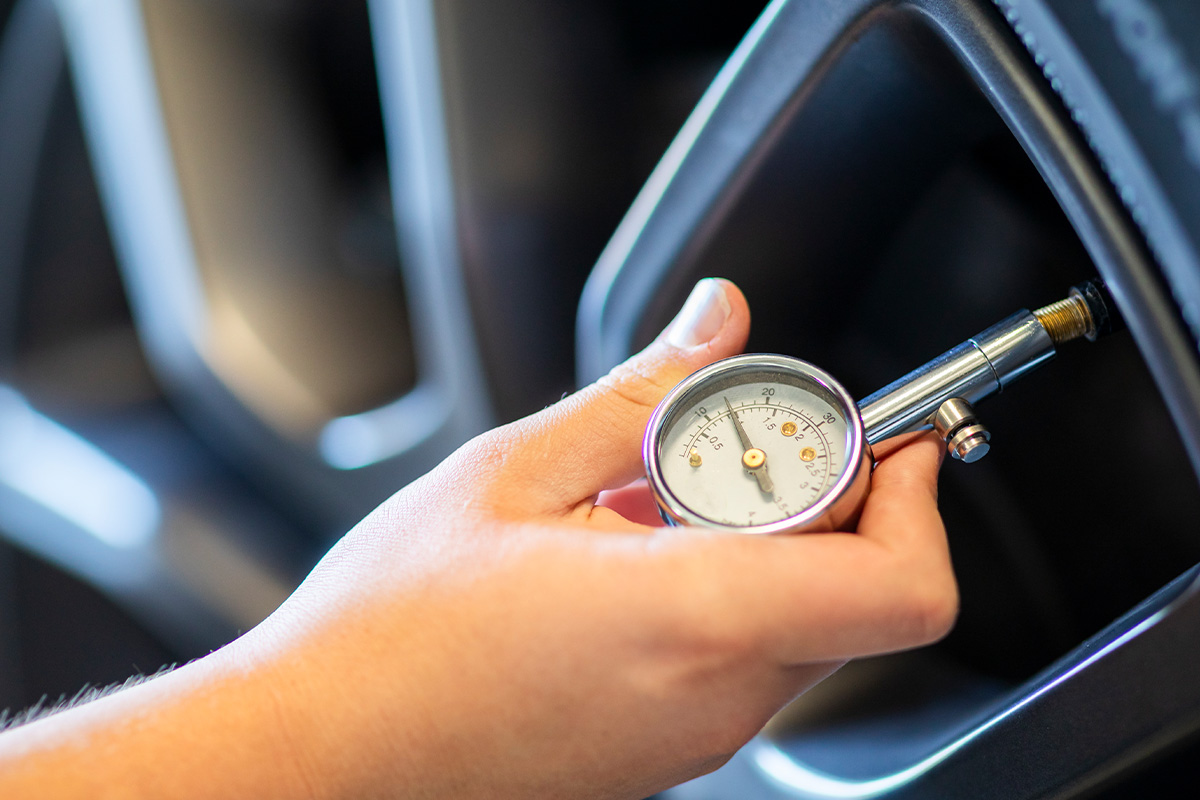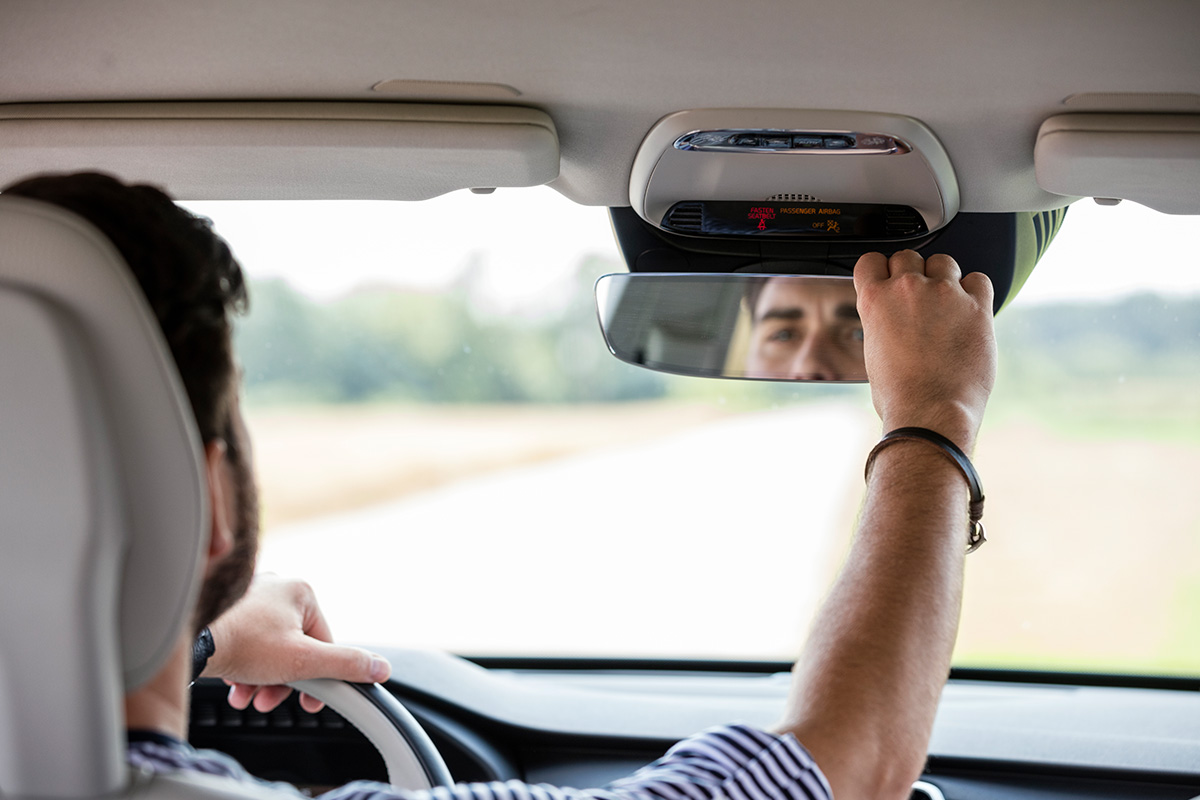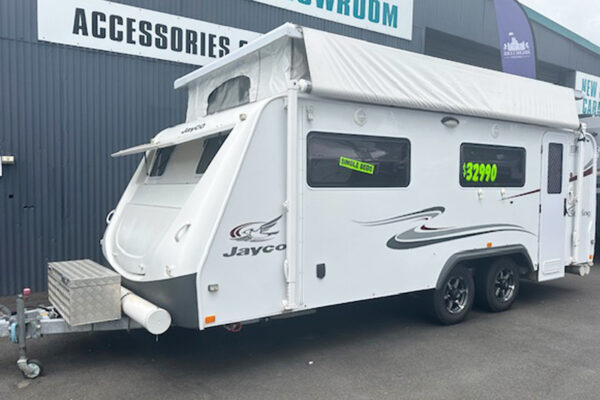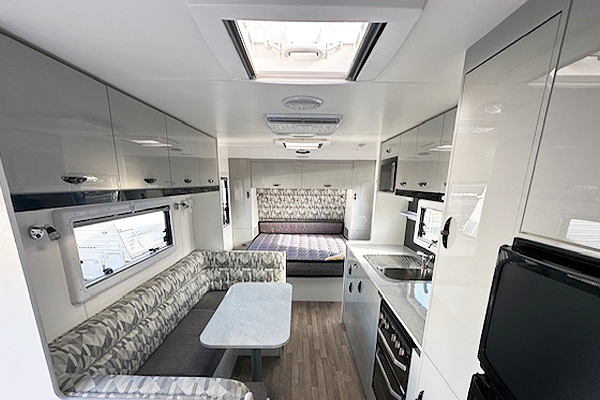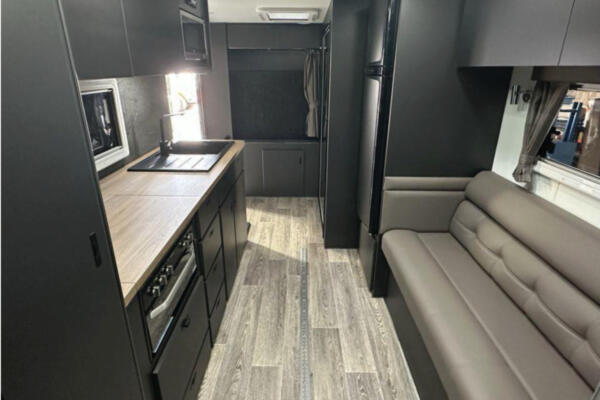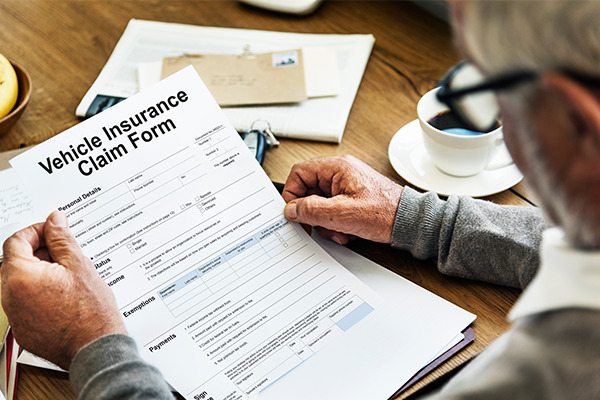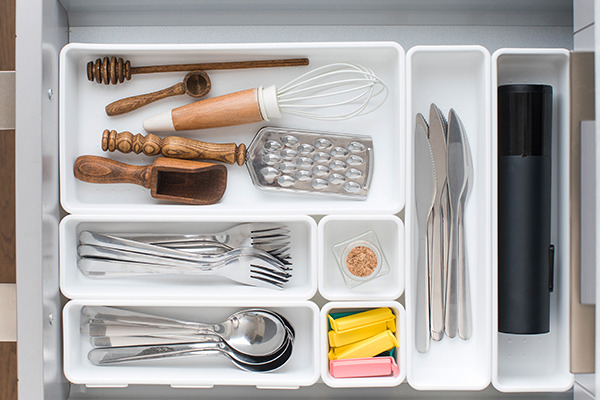Keep up to date with all things caravanning

Is Your Car Capable of Towing a Caravan?
February 18, 2020
Towing a caravan requires additional driving skills, equipment and safety precautions. The first step to ensuring your safety and comfort on the road is making sure your vehicle is capable of towing the weight of your caravan. Read the guide below to understand the towing regulations in Australia so you’re fully prepared to get on the road.
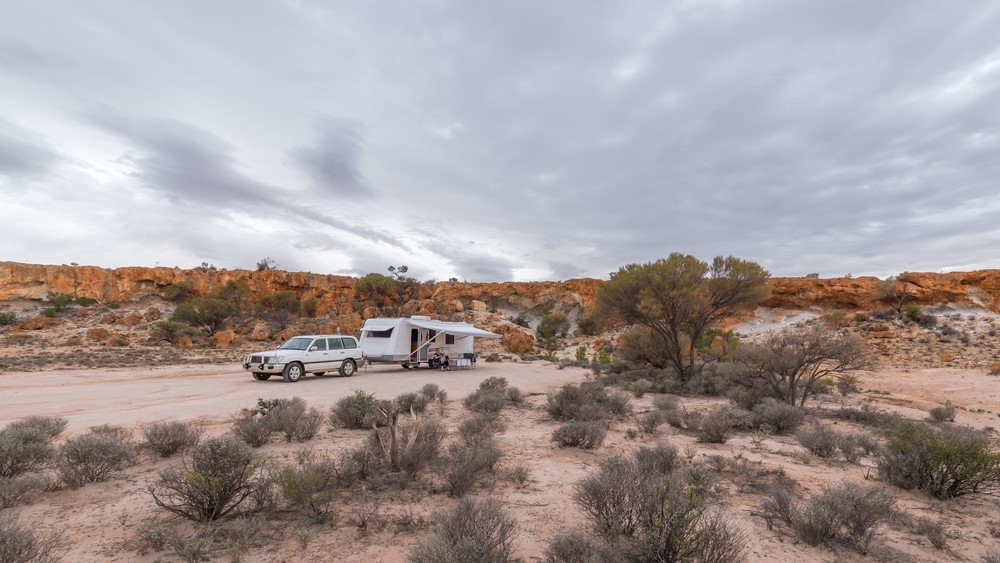
How Does Towing Affect Your Vehicle?
Safe towing starts with finding a vehicle that suits the weight of your trailer. You can either choose a new vehicle to match the weight of your caravan or the other way around. A well-designed set up will make your journey far more comfortable.
Towing a caravan affects your vehicle in many ways, including:
- Decreased acceleration
- Decreased brake performance
- Reduced vehicle control
- Reduced manoeuvrability
- Increased fuel consumption
Assessing the Needs of Your Tow Vehicle
When you’re choosing the right combination, there are a few important things to consider that will affect the overall weight. Consider how many passengers you will be carrying, how heavy your equipment, tools and camping gear will be, if there are any modifications made to your vehicles such as bull bars and roof racks, and what the load is inside your caravan.
Your caravan may be stocked up with water tanks, gas bottles, food and drinks, clothing, accessories and toys, cooking utensils, and safety equipment. Assess the overall weight of these items when added to the weight of your caravan so that you aren’t hit with any surprise problems when you start towing.
A Guide to Understanding Your Towing Capacity
Many vehicles will come with a maximum towing capacity guide, and you should always ask your caravan dealers about what kind of vehicle will suit your van. As a general guide, your caravan can weigh 1.5 times the unloaded mass of the vehicle if it has been fitted with appropriate brakes.
Legal requirements for towing include:
- Your vehicle must be registered and roadworthy
- You must have a rear number plate on your caravan
- Towbars and couplings must not cover the towing vehicle’s number plate or rear lights when the caravan isn’t connected
- You may only tow one caravan or trailer at a time
- Must have electric brakes & towing mirrors
- People cannot ride in the caravan while you are moving
Tips for Driving with a Caravan Attached
Driving with a caravan attached to your vehicle means you need to adjust some of your driving habits. Remember to:
- Allow for the extra length and width of the caravan when merging into traffic
- Prepare for the caravan cutting corners and curves
- Accelerate, brake and steer gently to avoid swaying
- Prepare for crosswinds, passing traffic and uneven road surfaces
- Leave a longer distance for stopping
- Leave longer distances and drive slower in inclement weather
- Use a lower gear when travelling downhill to reduce strain on your brakes and keep your car easy to control
- Don’t hold up traffic — pull off the road whenever it is safe to do so, especially on single-lane highways
- Practice reversing and have someone watch the rear of the caravan when you do
- Allow more time and distance to overtake
Find Safe Caravans for Sale, Melbourne
At Canterbury Caravans, we will help you find a van that suits your towing vehicle. We can offer expert advice and purchasing assistance to ensure you are safe and comfortable on the road. Browse our Bayswater caravans to find a huge range of new and second-hand caravans for sale. Call us on 03 9729 8188 or contact us online today.
